Sustainability Office
Your hub for sustainability on the St. George campus.
Sustainable Action Award Winners 2024–25
Congratulations to all the 2024–25 winners and runners-up of Sustainable Action Awards!

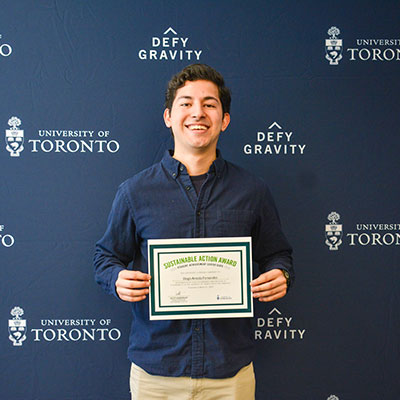
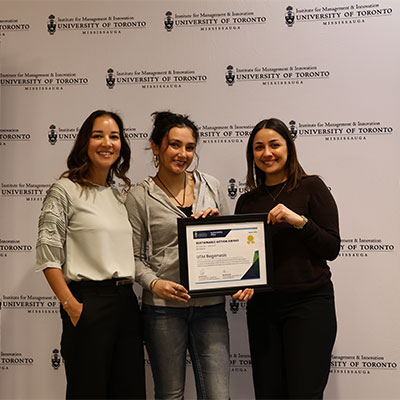
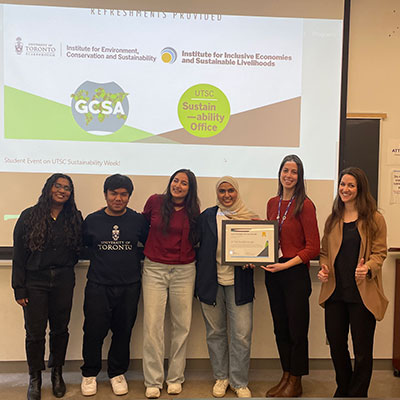
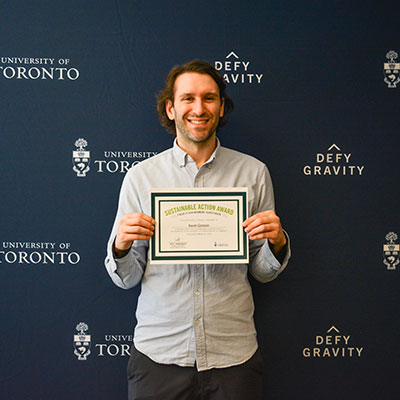
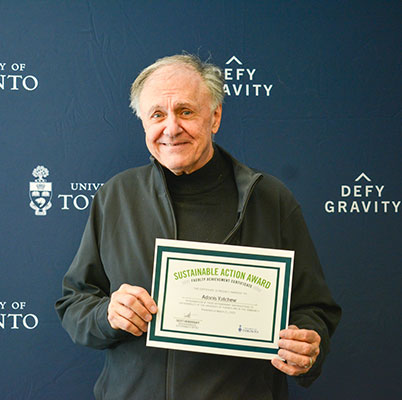
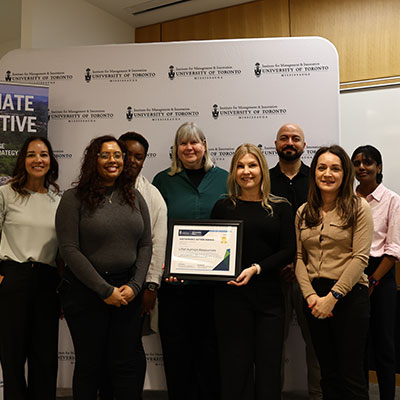
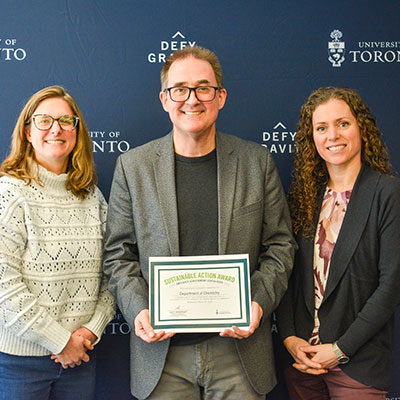
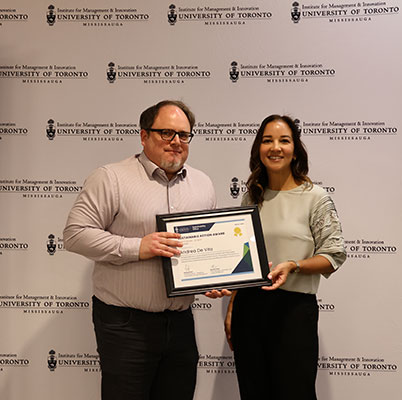
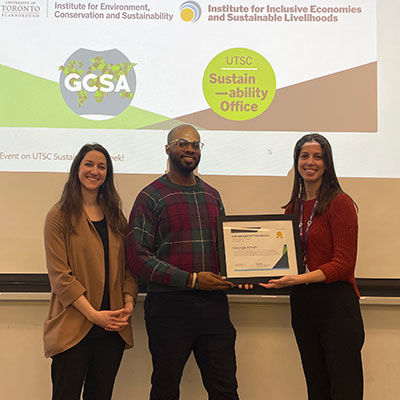
Sustainable Action Awards
Are you or someone you know working hard to advance sustainability on and off–campus? You can self-nominate and nominate an individual or a group for a tri-campus Sustainable Action Award!
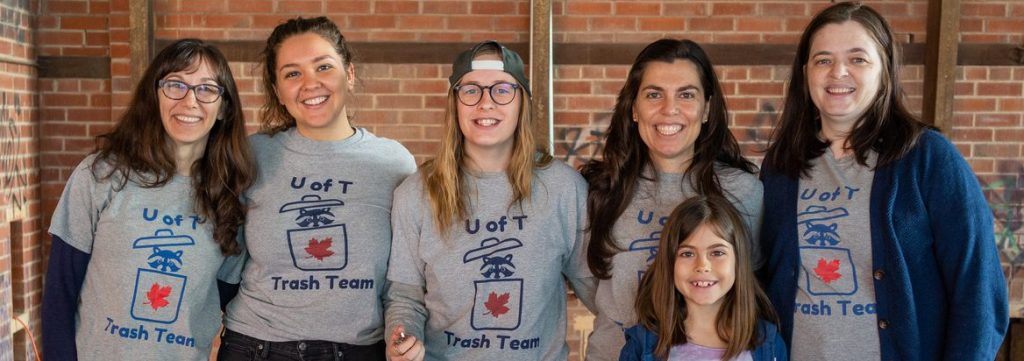
What are the Sustainable Action Awards?
The Sustainable Action Awards recognize individuals and teams who make tangible contributions to sustainability at the University of Toronto. The purpose of the awards is to celebrate these contributions and inspire new sustainable action both on and off-campus.
These awards are part of U of T’s goal of embedding sustainability in all it does and becoming a model of sustainability worldwide.
How are the winners recognized?
Winners in each category will receive a $200 gift card, with the runners up receiving a $100 gift card. Group winners will receive a single gift card.
Winners in the external business or partner category will be recognized with a trophy made from recycled materials.
Who is eligible for an award?
Nominees for the staff, student, and faculty categories must be attending or be employed at any of U of T’s three campuses at the time of nomination. This is a tri-campus award. Full-time staff of the Sustainability Offices are not eligible.
You can self-nominate or nominate others for an award in the following categories:
- Individual student (full or part-time)
- Individual faculty (full or part-time)
- Individual staff (appointed or casual)
- Student club (recognized by U of T) or group (two or more individuals)
- Employee group (two or more individuals)
- External businesses or community partners (must be affiliated with U of T)
How are winners selected?
The award winners will be selected by a tri-campus panel.
Winners will be decided based on the measurable and positive contributions made to advancing sustainability both on campus and in the wider community. Nominees are scored on the depth and breadth of these contributions, and on contributions across the social, economic, and environmental aspects of sustainability.
Ready to nominate?
Complete the nomination form by Thursday, February 6, 2025, at 11:59 PM. Late nominations will not be accepted.
Questions? Feel free to email sustainability@utoronto.ca.
Sustainable Action Award Winners 2023–24
Sustainable Action Award Winners 2022–23
Sustainable Action Award Winners 2021–22
Our sustainability partners
